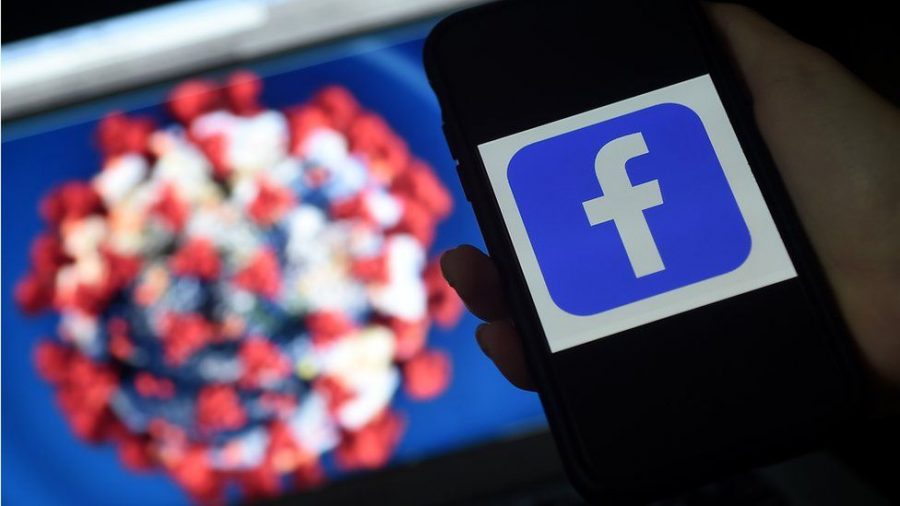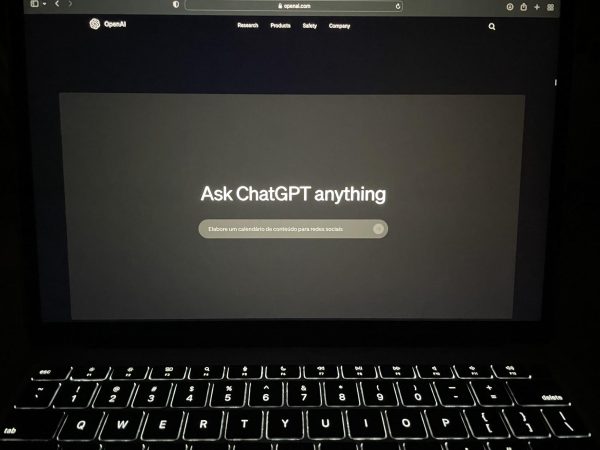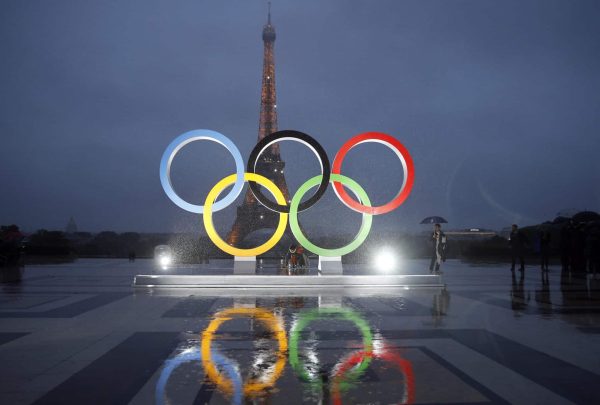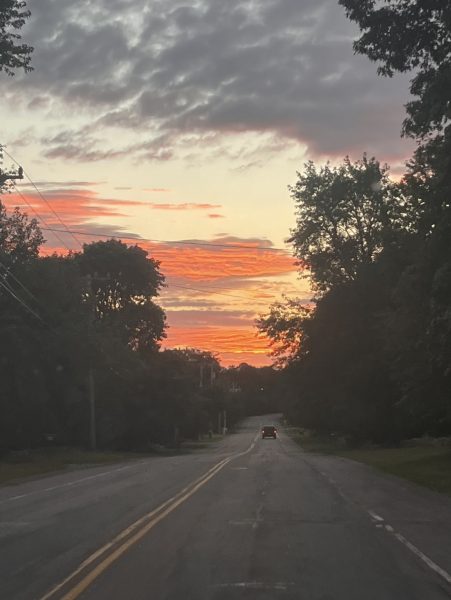Dartmouth residents speak out about COVID vaccines
Dartmouth residents speak out about the COVID vaccines in a Facebook survey conducted by Spectrum Executive Editor Molly Rioux.
On December 17, 2020, Dartmouth frontline healthcare workers, referred to as Phase 1 by the Massachusetts Department of Public Health, began receiving the COVID-19 vaccine. Now, a month and a half into 2021, almost all of Phase 1 has been administered the vaccine, according to Chris Michaud, Director of the Town of Dartmouth Department of Public Health. With over 37,000 residents in the Town of Dartmouth, we look to the next group on the list, the group with the most people in Dartmouth, according to a survey conducted on the Facebook platform, Dartmouth Helping Dartmouth: Phase 2.
The survey accounted for 580 Dartmouth residents and chronicled their personal situations and beliefs in the vaccination process. About 47% of the sample size falls under Phase 2, while 27% identifies as the general public.
Many Dartmouth residents addressed their concerns about the speed of the vaccination rollout. One respondent wrote, “Local vaccinate distribution communication is nonexistent!”
Another anonymous respondent saying they “don’t envision getting [the vaccine] until the summer…I see no plan for distribution.”
With nearly 74% of the sample size patiently waiting for their turn in line, vaccination efforts are slowing as a result of heavy demand. “We are really early in the vaccination rollout,” said the Town of Dartmouth Director of Public Health Chris Michaud. “Phase 2 began [February 1st] and the state has limited supply.”
Mr. Michaud also explained that since Phase 2 has astronomical numbers, the vaccination rollout is likely to be a long process, since available vaccines are limited on a town, county, state, and national level. Once more vaccinations get into the hands of vaccine administrators, “more sites will be available,” said Mr. Michaud.
As sites do become available for citizens to be vaccinated, they will be noted on the mass.gov website, along with other COVID-19 related inquiries. Dartmouth High School, which operated as a vaccination site will no longer be administering the vaccine in the following weeks. Formally known as Circuit City, with Curative as the provider as another site expected to be opened on Wednesday, February 24. According to mass.gov, Circuit City is expected to be administering 500 vaccines per day and increasing to 2,000 throughout the weeks following its opening. Booking appointments are available to eligible residents beginning on February 18 and they may register on mass.gov/covidvaccine.
As more information arises from Phase 1 recipients regarding side effects and personal wellness following the vaccination, some Dartmouth residents are raising concerns and even avoiding the vaccine altogether. Some of the anonymous survey respondents are skeptical about the vaccine. One respondent stated they are “uncomfortable with the lack of knowledge on potential long term side effects…and therefore will not get the vaccine.”
Another respondent wrote that the vaccine “is bad for you” and added they have not and will never get a vaccine in their lifetime.
This sparks a question for overall immunity on a town and nationwide scale with nearly 27% of the Facebook survey skeptical or overall denying the vaccine, which is slightly lower than Boston’s 35% skepticism, according to a researcher from Northeastern University. In 2019, New York City mayor Bill de Blasio declared a public health emergency due to a measles outbreak in Brooklyn, NY. Nearly 73% of the 300 reported cases were in unvaccinated children. Although this is not a direct comparison with COVID-19 in terms of not knowing whether the SARS-CoV-2 antibodies thwart reinfection after several months, a problem arises if a large number of a given population are not immunized.
Although information regarding herd immunity is still being investigated by top infectious disease experts, information about SARS-CoV-2 antibodies has come to light. An anonymous survey respondent said, “I had COVID in April. In December, I still have the antibodies…I didn’t get the vaccine when they were given at my facility.” The Public Health of England (PHE) found that naturally acquired immunity from past infections provides 83% protection against reinfection, compared to people who have not tested positive before. However, it was concluded to last for five months from the time of infection, making this anonymous surveyor now vulnerable to possible reinfection. The CDC continues to investigate the correlation between reinfection and the COVID-19 antibodies; however, herd immunity could be negatively affected if past infected citizens of 5-8 months do not get vaccinated since the SARS-CoV-2 are not as present in the blood, according to the National Institutes of Health.
According to the World Health Organization, herd immunity requires 95% of the population to be vaccinated, and CDC experts are currently researching the percentage of the population that needs to be vaccinated to reach herd immunity. This could cause our new normal of mask-wearing and social distancing to remain for years to come if herd immunity isn’t reached.
However, 74% is a “promising” number of those that wish to be vaccinated, a number “higher than national surveys,” said Mr. Michaud.
A bigger concern acknowledged by the Dartmouth Dept. of Public Health is the 15% of our neighbors without internet access. The inability to access COVID-19 developing details can negatively impact the ability to become vaccinated in a timely manner. Reach out to those you can lend a hand to through this long, but pivotal process. In order for 74% of us to be vaccinated, it will take 100% of our effort. “We can only do this as a community,” said Mr. Michaud. “Familiarize yourself with your neighbors.”










Marie Cathcart • Feb 19, 2021 at 8:34 am
I received my 1st Covid shot with no side effects. My 2nd shot is due in March. Thanks to Dr. Michaud and his group I was able to receive my shot at the Dartmouth High School. So sorry to say that 1st shots will no longer be available at this site . Very well organized location. Thanks to all that made this happen.
Jonathan • Feb 19, 2021 at 12:14 am
Nice article Molly! Unfortunate that you had to deal with DHD in any capacity, but at least it turned out.